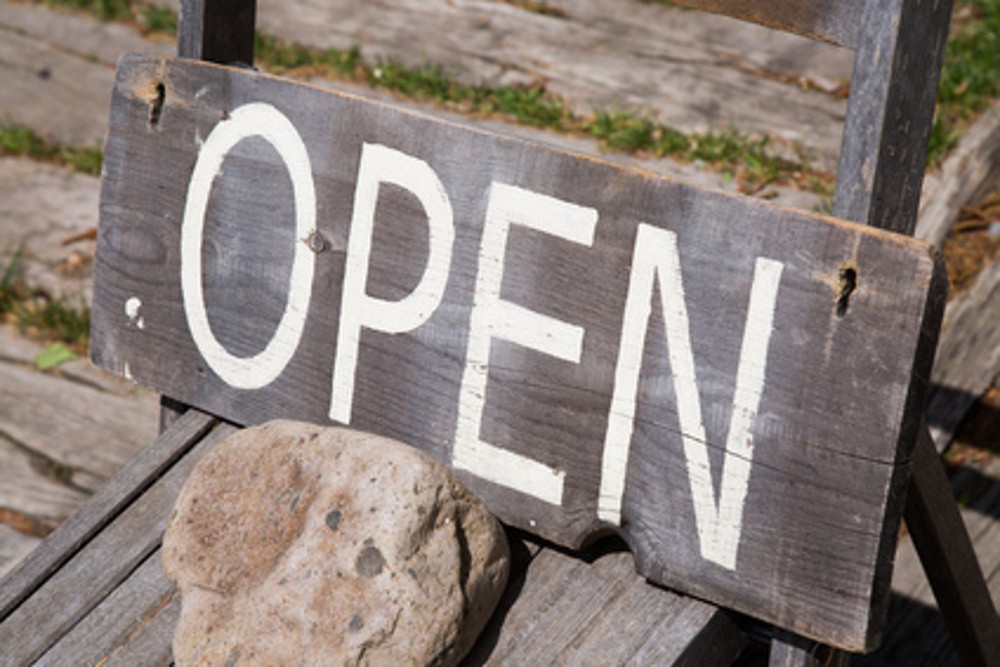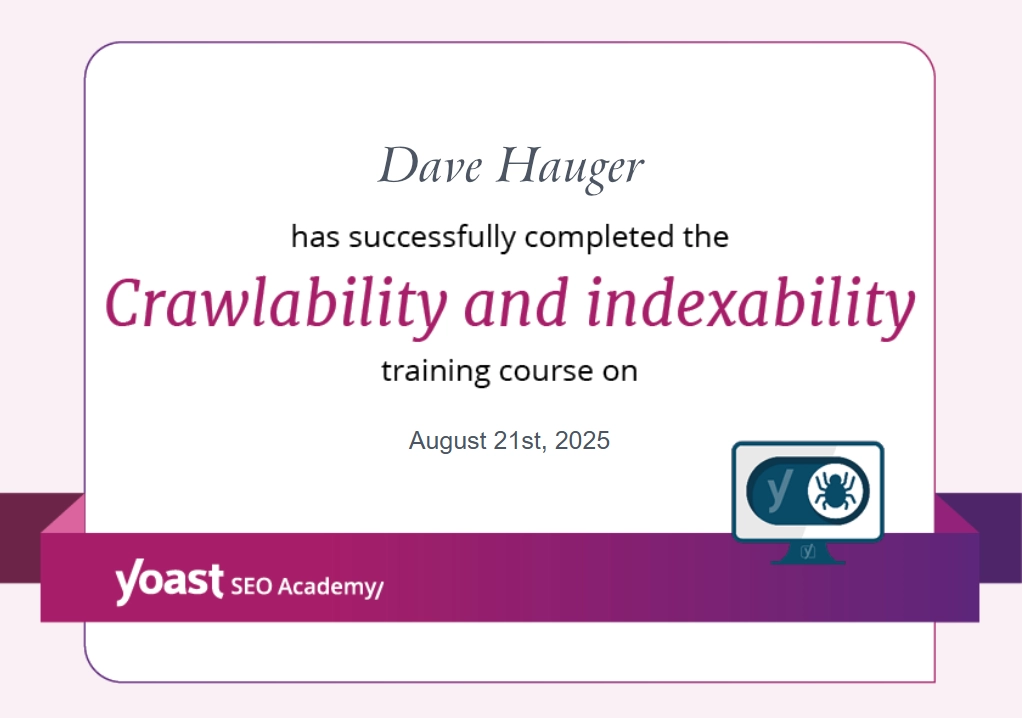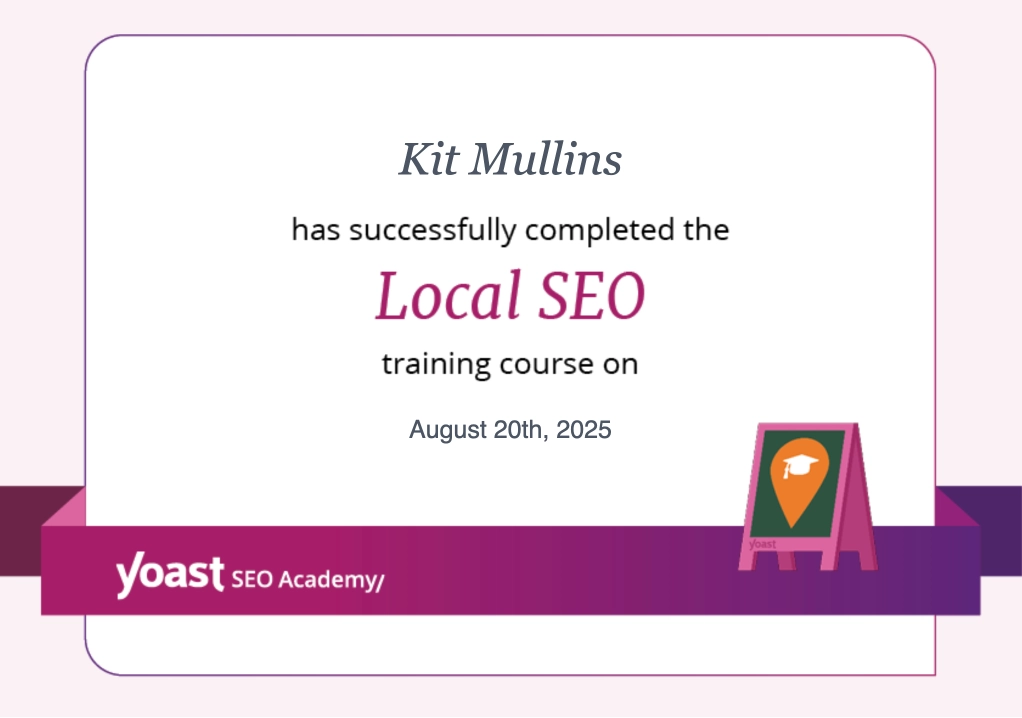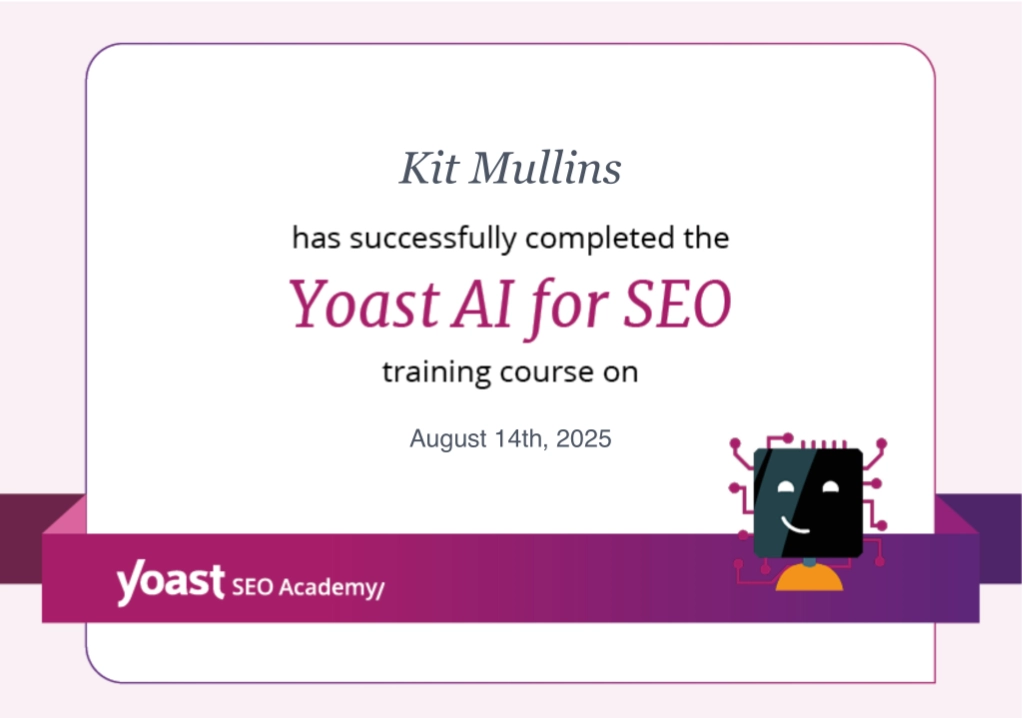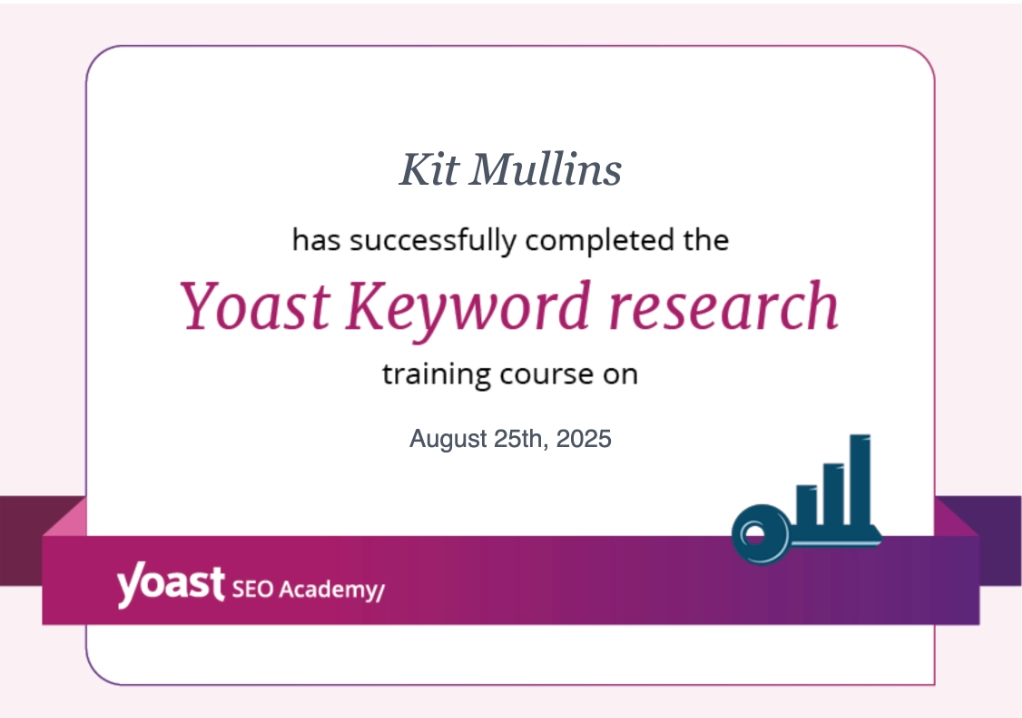Put your money where your heart is, the saying goes. Buying local simply means choosing stores and brands that are locally owned and operated. Spending your money at small businesses instead of corporate and chain stores benefits a community more than most people realize. We see the small picture: $5 here, $10 there, but what does it matter?
In honor of National Small Business Week, (#DreamSmallBiz) let’s educate ourselves a little.
Where we choose to spend our money has an economic ripple-effect and most of us are unaware. Think about money as a life source for every city. Like blood and oxygen, you have to keep it flowing within the community, or the vitality diminishes. One way to pump life back into a town, whether big or small, is to buy local. Let’s talk about why!
HOT POINT: Keep money circulating in your community rather than bleeding out to chain stores and other communities. (Click to tweet)
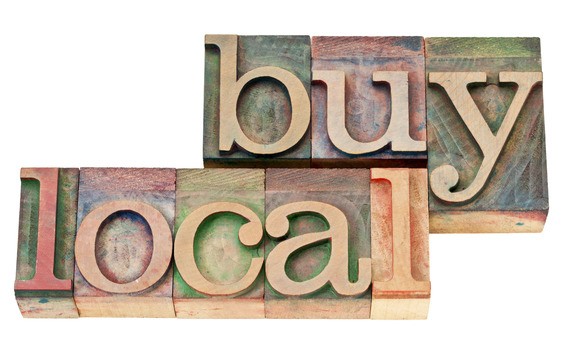
10 Ways Buying Local is a Win!
1) Make Cents
Do the math: If you spend $100 at a locally-owned business, $68 is re-circulated into Merkel’s community. Spend $100 at a chain or corporately-owned store, and only $43 remains in town. Pay the middlemen or pay your neighbors.
2) Face-to-Face Quality Assurance
Questions about the food you’re buying? When you buy straight from the farmer, you can ask him/her about the growing practices, pesticide use, and recipes. At farmer’s markets, most will even let you sample a food when appropriate. At a locally owned grocery store, the clerk or manager will be able to find out the answers to your questions more often than in a chain store.
3) Local Stores Also Buy Local
Chain stores already have their suppliers set up outside the local economy, plus they have middlemen to pay. Local stores rely more heavily on local supplies and therefore, recirculate more money in town.
4) Better Jobs
Small, local businesses typically create better, higher-paying jobs than chain stores. And that’s a good thing for everyone.
5) Your Town’s Uniqueness
The qualities that set your town apart are priceless. A corporate or nationally owned business maintains a certain likeness between all their stores. No one travels to a new city and says, “I can’t wait to try the latte at this Starbucks!” When people visit a new city, they want a new experience–something characteristic of that place. Uniqueness is both an attractive quality and an economic asset. Invest in it.
“When people go on vacation they generally seek out destinations that offer them the sense of being someplace, not just anyplace.” ~ Richard Moe, President, National Historic Preservation Trust
6) Conserve Resources/Carbon Footprint
The average chain supermarket produce travels around 1,500 miles from farm to store. Doesn’t this seem a bit ridiculous, since there is likely oodles of seasonal produce grown 20, 50, or 100 miles from your grocery store? Independently-owned grocery stores often buy/sell local produce, and if they don’t, they will be more easily convinced than a chain store. Some chain stores like Whole Foods Market and Central Market sometimes sell produce from local farms. It may cost a little more, but remember that your money is always investing in something or someone.
7) Health Benefits
Produce that travels fewer miles is more nutrient-rich (and better tasting) than food that travels far. Why? A tomato that must travel far is picked while it’s green so that it travels well and will be ripe by the time it arrives in the store. This could be weeks. A tomato that is allowed to ripen on the vine (its nutrient source) both tastes better and is healthier. Only locally-sourced produce provides this benefit. Buying local produce is a win/win/win. Your health, your community, and the environment all benefit.
8) Create Opportunity
Buying local sheds light on what is not available locally, which points to an opportunity for a member of the community to fill the gap and make money. If no one in your town sells children’s clothing and everyone is buying them elsewhere, then that is an opportunity for someone to start selling them! This increases jobs in the community, availability of goods, and creates diversity. Finding a niche to serve is critical for a successful entrepreneur. The goal isn’t necessarily to fill all the gaps, but to use the opportunities to grow the commerce in your town.
9) Convenience
Product-to-consumer convenience should not be underestimated. Paying a dollar or two extra for something that we would otherwise have to travel outside city limits to find is more than made up for in both convenience and savings on gas costs. This is easier to recognize in a small town, as large cities provide more diversity. Regardless of your city’s size, your dollars either create or support local convenience.
10) Local Sales Tax
You have to pay it. When you buy locally, your tax dollars go to your firemen, policemen, and infrastructure. The norm for local sales tax in Texas is 2.000%.
What about consumer cost?
One challenge Buy Local campaigns around the nation face is that often the price in chain stores is lower than in small businesses. When you are budgeted to the dollar, price differences can swing your vote. But the more local businesses your community can support, the more competition there is, which keeps prices low and innovation high. Buy local when you can.
TIP: Switch one item/service you regularly purchase from chain to local, like your morning latte or seasonal produce. Don’t underestimate the impact small choices make on your community.
OR


